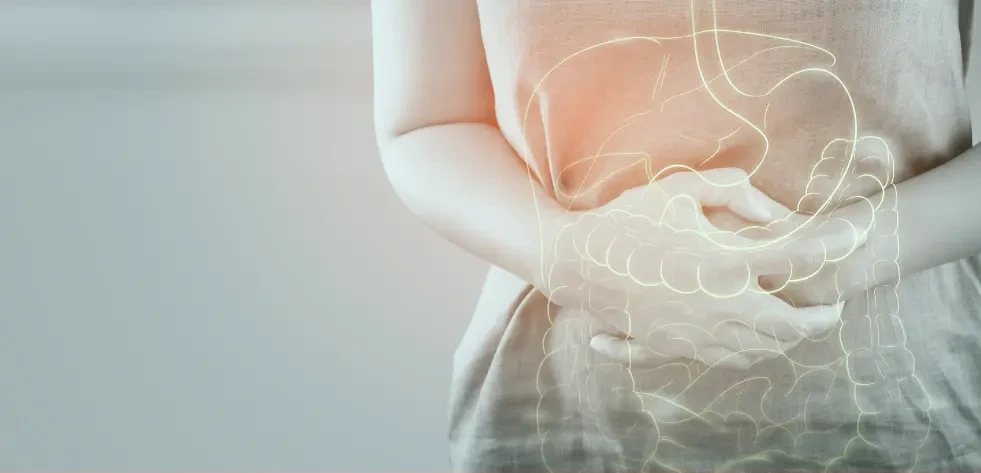Medotil's Promise: No hidden charges
Rest assured, no additional cost will be incurred from our end because your health is priceless.
Request a Free Consultation Contact Us
Medical emergency appendicitis causes severe abdominal pain after inflammation affects the appendix. Nausea together with loss of appetite and intense pain in the lower right abdomen stand as telltale signs of appendicitis.
Read MoreCeliac disease is an abnormal autoimmune reaction that occurs in the bowel system of a person when there is an intake of gluten. It results in several gastrointestinal ailments and serious gastrointestinal tract problems as this condition damages the small intestine.
Read MoreThe gallbladder surgery also called the cholecystectomy is always performed to remove the gallbladder associated conditions, which are mostly caused by the stones in the gallbladder.
Read MoreGastroesophageal Reflux Disease (GERD) is a long term (chronic) digestive disorder that happens when contents of the stomach come back up into the esophagus frequently.
Read MorePancreas transplantation is a surgical procedure that replaces a diseased pancreas with a healthy one from a donor. It is primarily performed for individuals with severe pancreas issues, such as type 1 diabetes, to restore normal pancreas function.
Read More